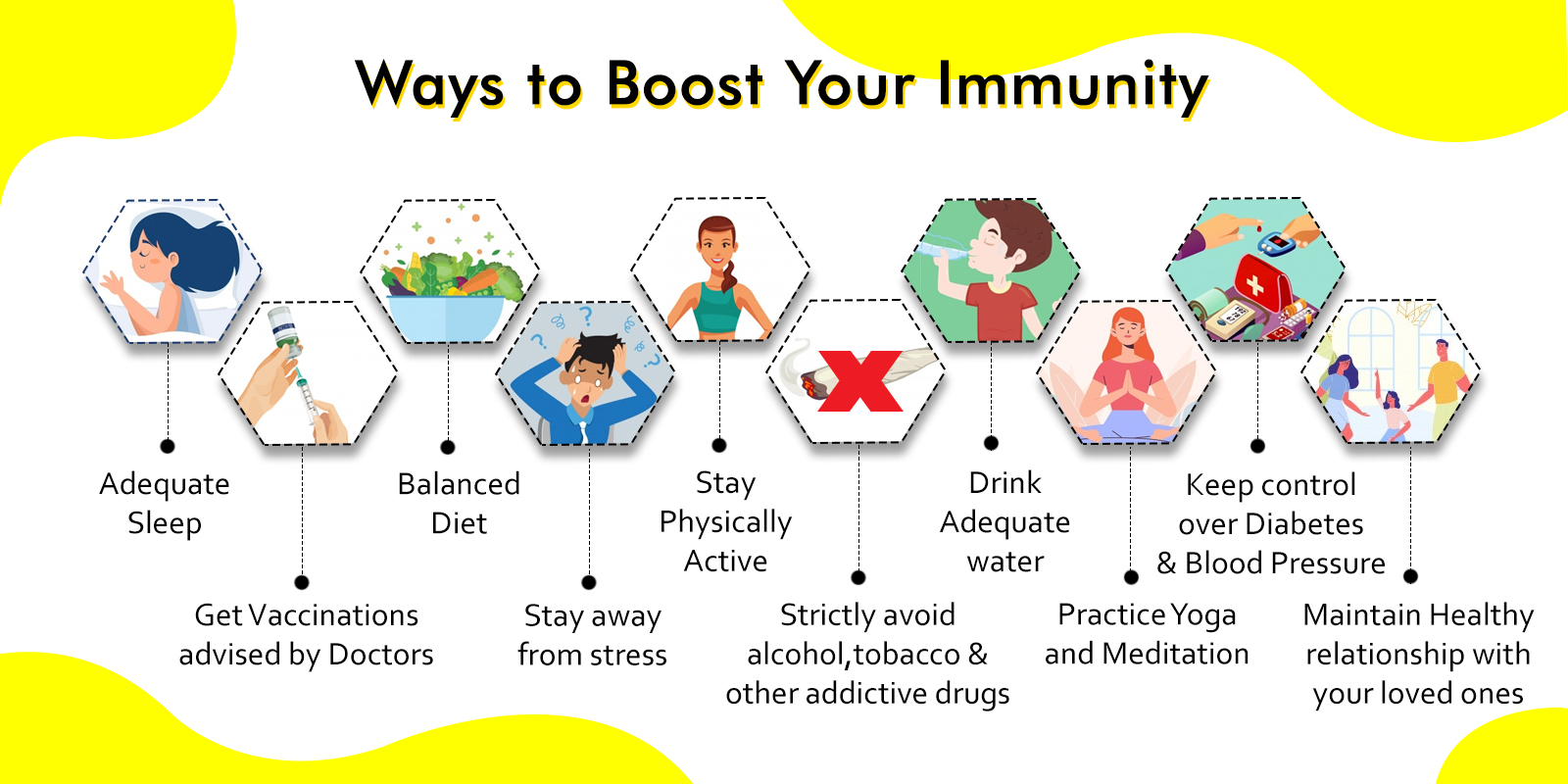
Unlocking the Secrets to a Sharp Memory
Understanding the Importance of Memory:
Memory serves as the cornerstone of cognitive function, allowing us to retain and recall information essential for daily life. From remembering appointments to recalling important facts, a sharp memory plays a crucial role in our ability to navigate the world around us effectively.
The Science Behind Memory:
Memory is a complex cognitive process that involves multiple regions of the brain working together. The process begins with encoding, where information is initially received and processed. This is followed by storage, where the information is retained over time. Finally, retrieval occurs when we access stored information.
Factors Affecting Memory:
Several factors can impact memory function, including age, genetics, lifestyle, and environmental factors. As we age, changes in brain structure and function can affect memory performance. However, lifestyle factors such as diet, exercise, sleep, and mental stimulation also play a significant role in maintaining memory health.
Tips for Improving Memory:
Fortunately, there are several strategies individuals can employ to enhance memory function. One of the most effective methods is to engage in regular mental exercises, such as puzzles, games, and learning new skills. These activities help stimulate neural connections and promote brain health.
Nutrition and Memory Health:
A balanced diet rich in nutrients is essential for optimal brain function, including memory. Foods high in antioxidants, omega-3 fatty acids, and vitamins B and E have been shown to support cognitive health. Incorporating foods such as fruits, vegetables, fish, nuts, and whole grains into your diet can help nourish your brain and improve memory.
The Role of Exercise:
Physical exercise not only benefits the body but also the mind. Regular aerobic exercise has been linked to improved cognitive function and memory performance. Exercise helps increase blood flow to the brain, promotes the growth of new brain cells, and reduces the risk of age-related cognitive decline.
Sleep and Memory Consolidation:
Quality sleep is essential for memory consolidation, the process by which newly acquired information is transferred from short-term to long-term memory. During sleep, the brain processes and organizes information, strengthening neural connections associated with memory retention. Prioritizing adequate sleep can significantly improve memory function.
Mindfulness and Memory:
Practicing mindfulness and meditation can also enhance memory function by reducing stress and improving focus and attention. Mindfulness techniques help train the brain to be more present and attentive, which can aid in encoding and retrieval processes.
Utilizing Memory Techniques:
Various memory techniques, such as mnemonic devices, visualization, and association, can be effective tools for improving memory retention and recall. These techniques leverage the brain’s natural ability to remember vivid or emotionally significant information more effectively.
Maintaining Mental Stimulation:
Keeping the mind active and engaged is crucial for preserving memory function as we age. Activities such as reading, learning new skills, and engaging in intellectually stimulating conversations help keep the brain sharp and agile.
Conclusion:
In conclusion, a sharp memory is essential for navigating daily life and maintaining cognitive health. By understanding the factors that influence memory function and implementing strategies to enhance memory retention and recall, individuals can optimize their brain health and improve overall quality of life. Incorporating lifestyle habits such as regular exercise, a balanced diet, quality sleep, mindfulness practices, and mental stimulation can contribute to a sharper memory and better cognitive function. Read more about sharp memory



:max_bytes(150000):strip_icc()/This-4-Ingredient-Chocolate-Mousse-Is-Protein-Packed-and-Vegan-Friendly-f50ab304d2574252ac398a8c1d86806b.jpg)